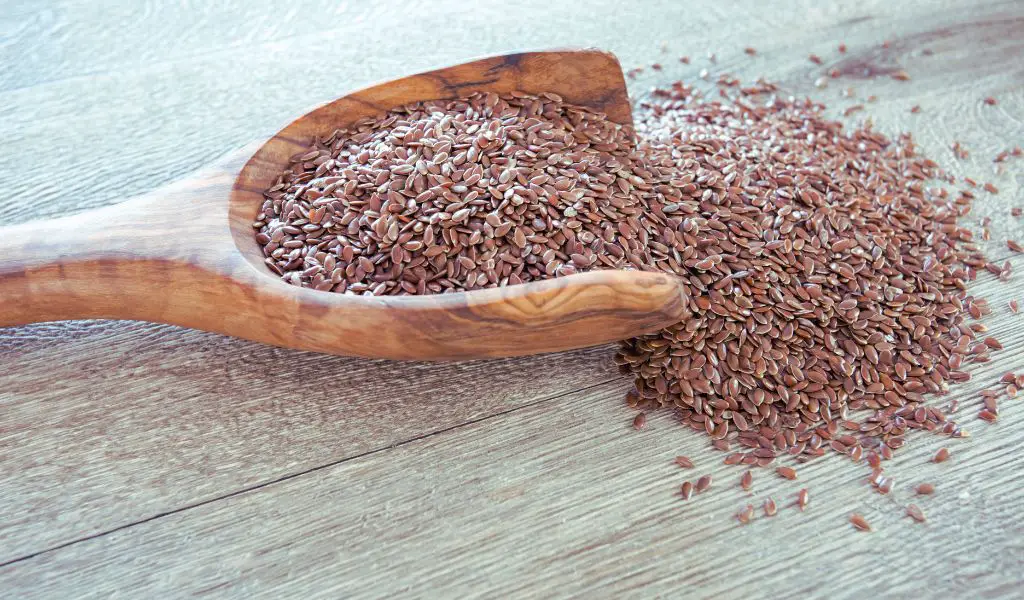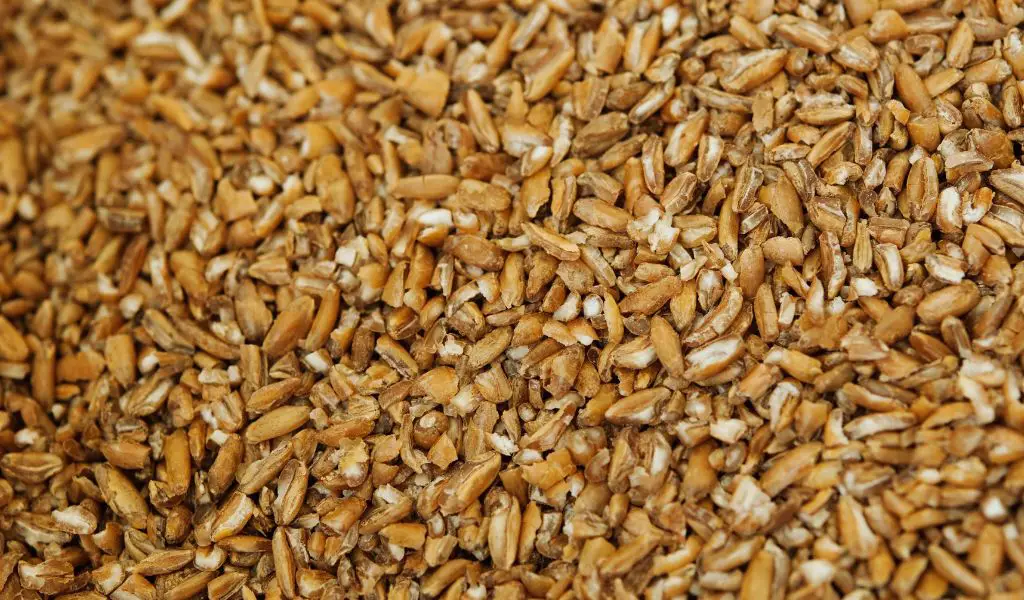Flaxseed is safe for dogs to eat in moderation. While flaxseed offers certain health benefits, it’s important to consider a few factors before incorporating it into your dog’s diet.
Dos
- Start with small quantities: Introduce flaxseed gradually and in small amounts to ensure your dog’s digestive system can tolerate it.
- Ground flaxseed: Grind flaxseeds before feeding them to your dog. This enhances digestibility and allows for better nutrient absorption.
- Consult your veterinarian: Before adding flaxseed to your dog’s diet, consult with your vet to ensure it aligns with your dog’s specific health needs.
Don’ts
- Overfeeding: Flaxseed is high in fat and calories, so avoid excessive amounts that can lead to weight gain or digestive issues.
- Whole flaxseeds: Dogs have difficulty digesting whole flaxseeds, which may pass through their system undigested and provide no nutritional benefits.
- Medical conditions and medications: If your dog has underlying health conditions or takes certain medications, check with your vet before incorporating flaxseed into their diet
Can flaxseed help with my dog’s coat health?
Yes, flaxseed is a good source of omega-3 fatty acids, which can promote a healthy coat and skin in dogs.
Is flaxseed beneficial for dogs with joint issues?
Yes, flaxseed contains alpha-linolenic acid (ALA), which has anti-inflammatory properties and may aid in reducing joint inflammation.
Can I substitute flaxseed oil for flaxseeds?
Flaxseed oil can be an alternative, but remember to adjust the serving size since it is more concentrated than ground flaxseeds.
Conclusion and final thoughts 💭
Flaxseed can be a valuable addition to your dog’s diet when fed in moderation and prepared properly.
As with any dietary change, it’s important to consult your veterinarian to ensure it suits your dog’s individual needs and health condition.
By following the recommended do’s and don’ts, you can provide your furry companion with potential health benefits without compromising their well-being.




